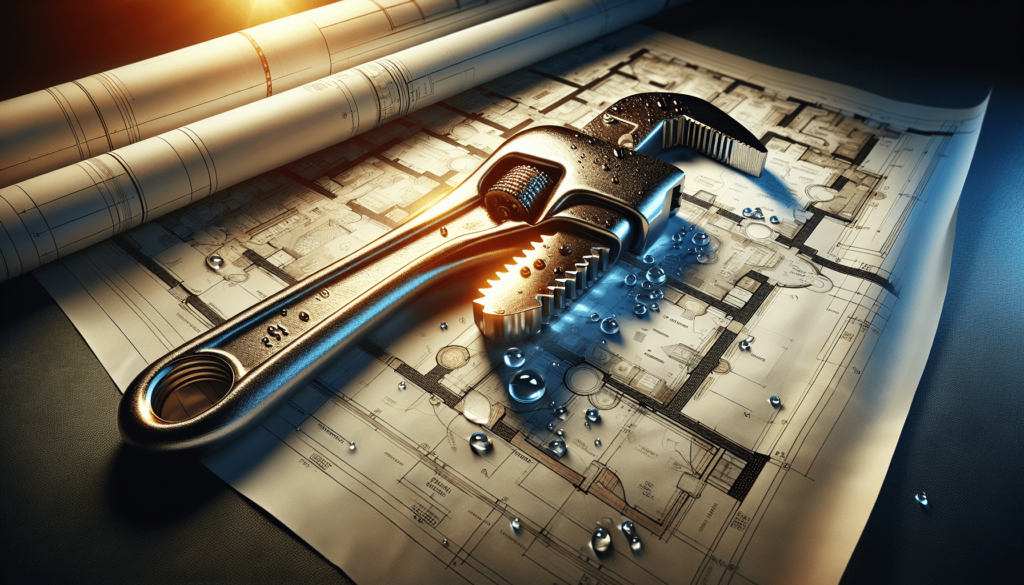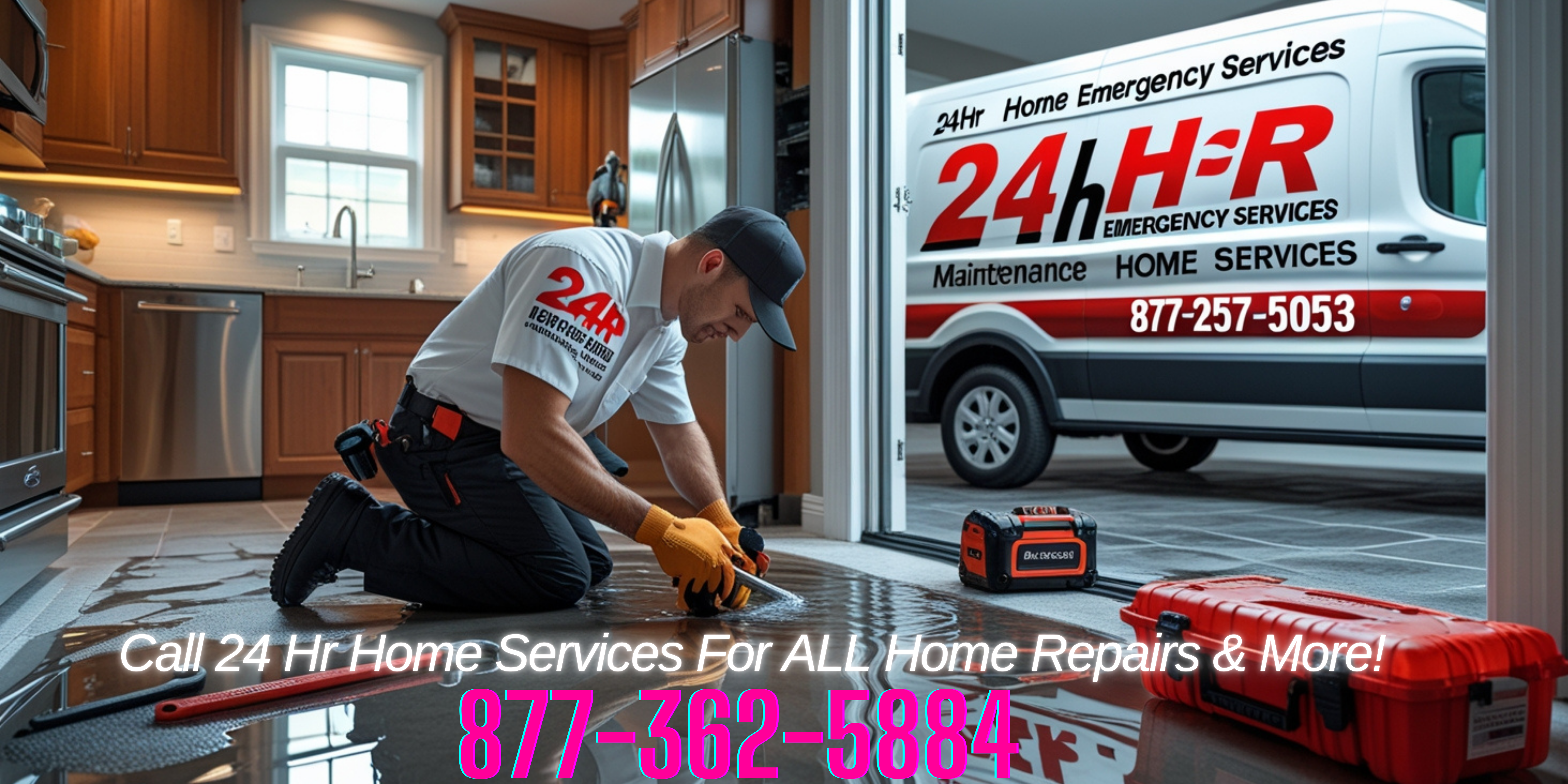
Have you ever faced a plumbing emergency that left you feeling overwhelmed and uncertain about what to do next? You’re not alone in this. Many people experience plumbing issues that demand immediate attention and can quickly escalate if not handled properly. In this guide, we’ll walk you through everything you need to know about emergency plumbing in Kansas City, so you can feel more prepared and informed.
What Constitutes a Plumbing Emergency?
Understanding what qualifies as a plumbing emergency is crucial for effective action. Plumbing emergencies can arise unexpectedly, and recognizing them will help you manage the situation before it worsens.
Common Signs of a Plumbing Emergency
Plumbing issues can occur in a variety of forms. Here are some signs that indicate you might be facing a plumbing emergency:
-
Leaking Pipes: If you notice water pooling on your floors or ceilings, or hear dripping sounds that aren’t from a faucet, you likely have a leak.
-
Clogged Drains: Persistent or severe clogs, especially if water backs up into your home, can indicate a blockage that needs urgent attention.
-
Running Toilets: If a toilet won’t stop running, this not only wastes water but can also lead to more significant problems.
-
No Hot Water: In the middle of winter, an absence of hot water can become an emergency, particularly for households with small children or elderly residents.
-
Overflowing Toilets: When a toilet overflows, it can lead to significant water damage and health hazards if not managed quickly.
Importance of Addressing Plumbing Emergencies Promptly
Addressing plumbing emergencies promptly is essential. Delaying repairs can lead to increased damage, higher costs, and more extensive repairs down the line. Water damage can compromise structural elements of your home, lead to mold growth, and create environments that attract pests.
What to Do When You Encounter a Plumbing Emergency
So, what should you do when faced with a plumbing emergency? Taking a few immediate steps can prevent further issues.
Step 1: Identify the Problem
Before you can address the issue, you need to identify what’s going wrong. Walk through your home and look for signs such as:
- Water pooling in unusual areas
- Unpleasant odors that might indicate sewage issues
- Unusual sounds, like gurgling or hissing from pipes
Step 2: Shut Off the Water Supply
If it’s safe to do so, turn off the water supply to prevent further damage. Here’s how to do it:
| Type of Valve | Location |
|---|---|
| Main Water Valve | Usually found near the water meter, in the basement, or outside near the hose bib |
| Individual Fixture Valves | Typically located under sinks or behind appliances |
Step 3: Contain the Damage
Use towels, buckets, or containers to catch any drips or spills. If there’s a significant leak, move belongings out of the area to avoid damage. If you’re dealing with drain clogs, consider using a plunger or a drain snake to manage the situation temporarily.
Step 4: Contact Emergency Plumbers in Kansas City
Once you’ve contained the problem to the best of your ability, reach out to a local emergency plumbing service. When calling, provide details about the issue, location, and any steps you’ve already taken.

Choosing the Right Emergency Plumbing Service in Kansas City
Finding the right emergency plumbing service can feel daunting. However, there are key factors to consider that can help guide your decision.
Experience and Expertise
Plumbing emergencies are often complex. Look for a service that has been in business for several years and has a reputation for handling emergency situations efficiently. Check if they specialize in specific plumbing issues like:
| Specialization | Examples |
|---|---|
| Residential Plumbing | Home leaks, clogged drains |
| Commercial Plumbing | Office water heater emergencies |
| Sewer and Drain Services | Main line backups, rooter services |
Licensing and Insurance
Ensure that any plumber you consider is licensed and insured in your area. This not only protects your home and property but also guarantees that the plumbers working on your emergency have met industry standards.
Availability and Response Time
In an emergency, time is of the essence. Look for services that guarantee rapid response times, even during weekends or holidays. Some companies offer 24/7 support, which can give you peace of mind knowing help is always just a phone call away.
Online Reviews and References
Today, it’s easier than ever to check online reviews. Look on platforms like Google, Yelp, or Facebook to gain insights into the experiences others have had with emergency plumbing services. Don’t hesitate to ask for references as well, especially for larger jobs.
Preventing Future Plumbing Emergencies
Once the immediate threat has been dealt with, it’s a good idea to consider ways to prevent future plumbing emergencies.
Regular Maintenance Checks
Regular inspections can catch issues before they escalate. Consider scheduling routine plumbing maintenance every year to check on pipes, drains, and fixtures.
Water Pressure Monitoring
High water pressure can cause wear and tear on your plumbing. Invest in a pressure gauge to monitor the water pressure in your home, aiming for a level around 60-70 PSI.
Knowing Your Pipes
Familiarize yourself with what types of pipes are in your home. Older homes may have pipes made from materials such as lead or polybutylene, which are more prone to failure. Knowing what you have can help you take proactive measures.
Educate Yourself About Your Plumbing
Spend some time learning about your plumbing system. Understanding how your systems function can help you react more effectively to issues as they arise.

Common Plumbing Emergency Scenarios in Kansas City
Kansas City has its own set of plumbing challenges due to the regional climate and infrastructure. Here’s a look at some common scenarios you might encounter.
Frozen Pipes
During the harsh winter months, freezing temperatures can cause your pipes to freeze and eventually burst. Keeping your home heating system maintained and ensuring proper insulation can mitigate this risk.
Sewer Backups
Heavy rainfall and aging sewer systems can lead to wastewater backing up into homes. Be vigilant during storms and know how to shut off your mainline if this happens.
Water Heater Failures
Water heaters typically last around 8-12 years. If you notice fluctuating temperatures or strange noises from your heater, it may be on the verge of failure. Make it a point to check its condition regularly.
Tree Root Intrusions
Trees and large shrubs can encroach upon underground plumbing. Roots can break pipes or cause blockages, necessitating immediate repair and maintenance.
How Much Does Emergency Plumbing Cost in Kansas City?
The cost of emergency plumbing can vary widely based on a number of factors. It’s helpful to understand what you might expect.
Average Costs
On average, emergency plumbing services in Kansas City can range from $150 to $500 for minor issues. More complex situations, such as sewer line repairs, can run from $1,000 to $4,000 or more. Here’s a breakdown of common costs:
| Service | Estimated Cost Range |
|---|---|
| Clogged Drain | $150 – $300 |
| Leaky Pipe Repair | $200 – $400 |
| Water Heater Repair | $300 – $600 |
| Sewer Line Replacement | $1,000 – $4,000 |
Factors Influencing Cost
-
Time of Service: Emergency services after hours or on holidays typically come with higher rates.
-
Complexity of Issue: More complicated problems usually require more time and materials, driving up the cost.
-
Location: Some areas may see higher prices due to increased demand or availability of local plumbing services.
Is Homeowner’s Insurance Helpful for Plumbing Emergencies?
An often-overlooked aspect of managing plumbing emergencies is understanding how homeowner’s insurance may come into play.
Coverage Benefits
Many homeowner’s insurance policies cover sudden and accidental water damage. This can include situations caused by burst pipes, severe leaks, or certain sewage backups. Ensure you understand what your policy covers to know if you can claim.
Filing a Claim
If you do experience a plumbing emergency and have coverage, follow these steps:
-
Document the Damage: Take pictures and notes of the situation before you begin repairs.
-
Contact Your Insurer: Reach out to your insurance provider and file a claim quickly to streamline the process.
-
Keep Receipts: Maintain records of all repairs and services for reference when dealing with your insurance claim.
Building a Relationship with a Trusted Plumbing Service
Once you’ve overcome an emergency situation, consider building a relationship with a trusted plumbing service in Kansas City.
Benefits of a Personal Connection
-
Familiarity: Having a go-to plumber who understands your home’s plumbing system can make emergencies less stressful.
-
Quality Assurance: A reliable plumber will take pride in their work and be more inclined to offer you exceptional service.
-
Negotiated Rates: Established relationships may allow you to negotiate pricing or receive discounts on future services.
How to Build This Relationship
After a successful service call, express your satisfaction and consider scheduling a routine maintenance check. Referral discounts from your friends can also lead to an even better working relationship with your chosen plumber.
Conclusion
Handling a plumbing emergency can be overwhelming, but with the right knowledge and preparation, you can navigate the process more effectively. Remember to stay calm, identify the problem, and contact a qualified emergency plumber in Kansas City. Understanding what constitutes an emergency and having a solid plan of action will not only help you manage crises better but also empower you to prevent future issues. It’s all about feeling prepared and confident in tackling plumbing challenges, ensuring your home remains a safe and comfortable space for you and your loved ones.











